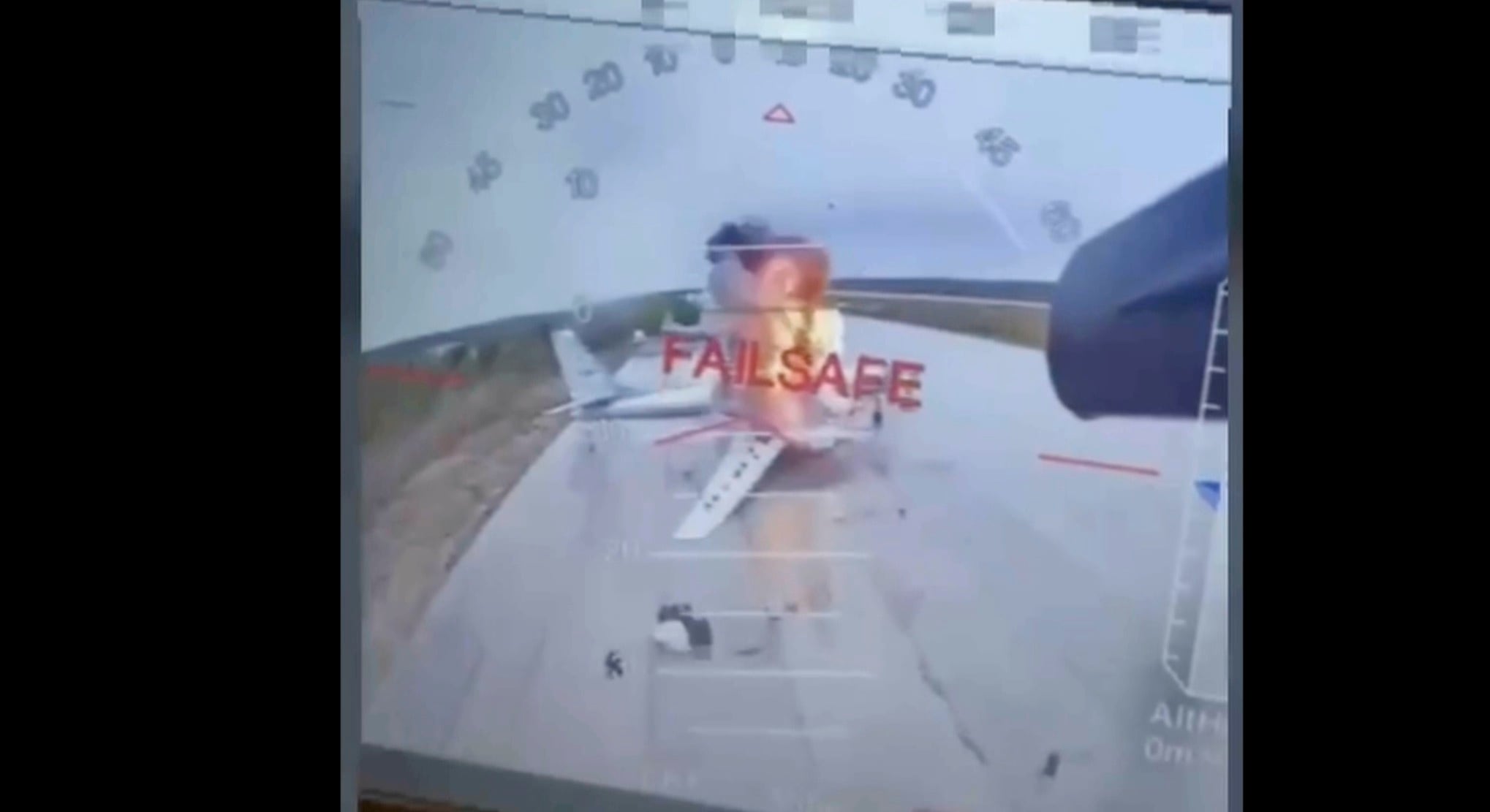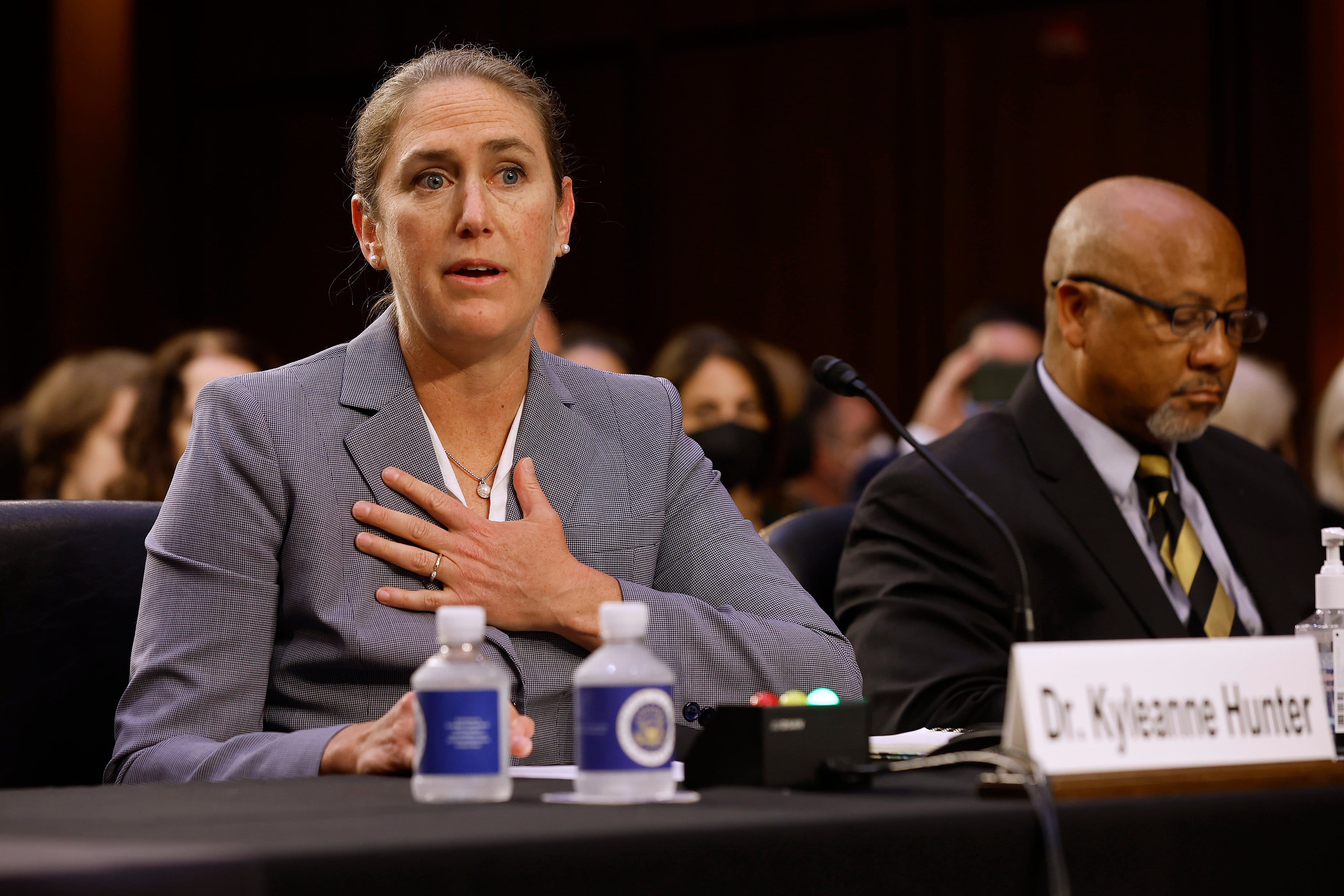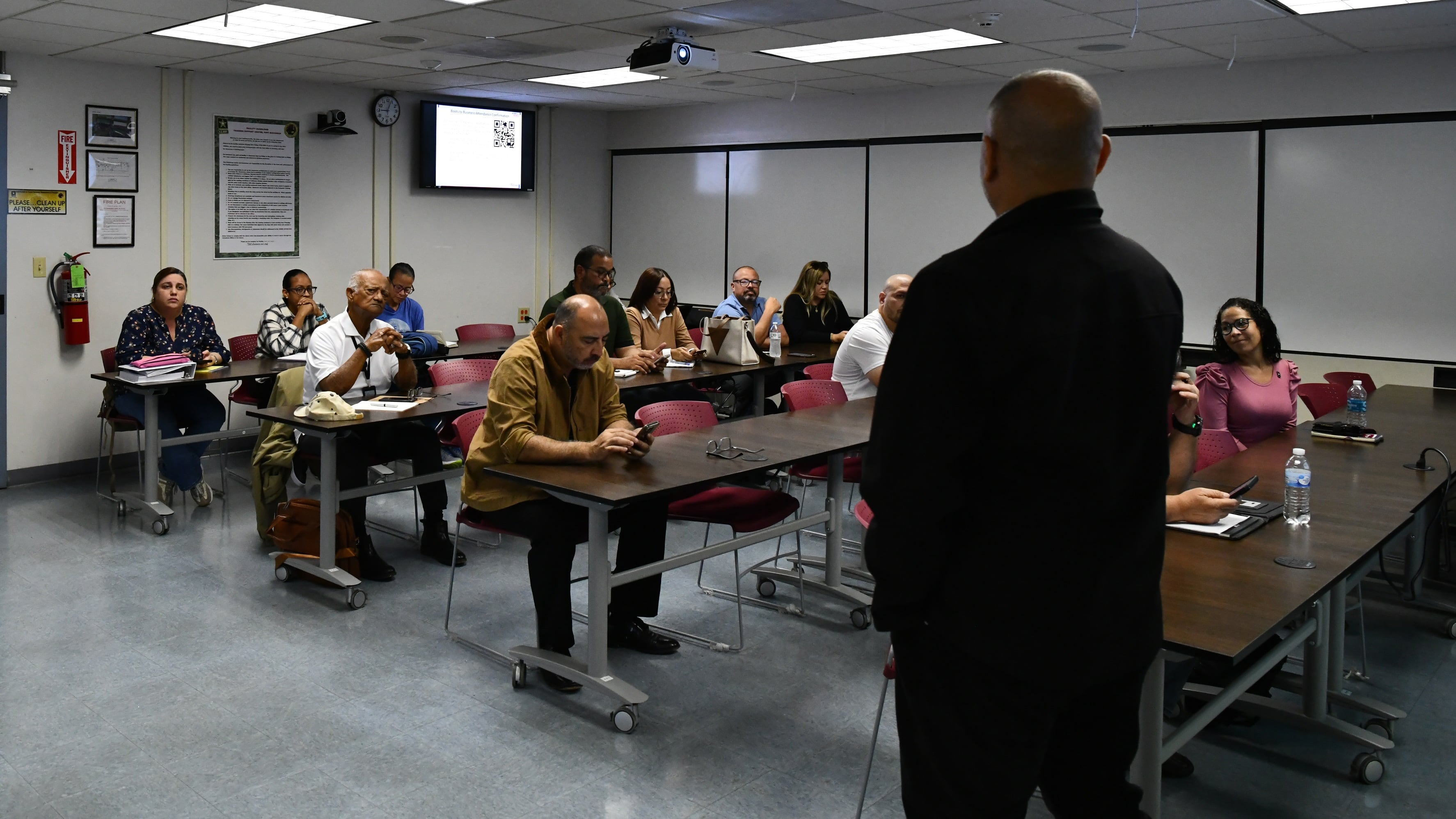Capt. Burt Espe felt he wasn't cutting it as commanding officer of Naval Surface Warfare Center Port Hueneme, California. So in August, he did something no enlisted or officer could typically do with impunity: He quit.
Espe, a 27-year surface warfare officer who took charge of NSWC-Port Hueneme in March 2013, was more than a year from his scheduled change of command. But after some problems at the command, Espe took the highly unusual step of resigning his CO post — without his boss removing him, or his being required to file his own detachment for cause or hardship request, as is usually required.
Espe told his 1,900 employees that he was simply the wrong man for the job.
"As you know, procedural compliance is a monumental issue at this time, not just for Port Hueneme, but for the Navy," Epse wrote in an staff-wide Aug. 14 email, obtained by Navy Times. "Leading Port Hueneme Division is a significant responsibility but with the increased emphasis required for success in this area, I believe you will be better served by a new CO with a fresh perspective."
Naval Sea Systems Command, which oversees NSWC-Port Hueneme, said that Espe had requested an early relief that was approved by his boss, Rear Adm. Lawrence Creevy, and that no detachment for cause had been needed.
"The DFC process is not required in every case," NAVSEA spokeswoman Erin Jones said in an email. "Written requests for early relief may be submitted by a Commanding Officer to the immediate superior in command for approval. In this specific case, Capt. Espe submitted a written request for early relief to RDML Creevy. Under U.S. Navy Regulations, RDML Creevy reviewed and approved Capt. Espe's request."
But a former senior personnel official scoffed at the move, saying such an early transfer is "exceptionally rare" and, more often than not, results in a "detach for cause" — the bureaucratic term for being fired.
"If the guy is a month away from his [projected rotation date] or retirement and [he wants] to get out of there early, then fine," said the former Navy Personnel Command official who spoke on background.
"But if the CO still had half his tour left, we would expect to get DFC paperwork."
Espe, 49, now assigned to Space and Naval Warfare Systems Center Pacific, declined several requests for comment. Jones said Espe is at SPAWAR on a "no-cost temporary duty assignment," and that his ultimate destination has yet to be determined.
'Much-needed change'
Espe's 16-month tenure at Port Hueneme, a sprawling technical hub nearLos Angeles, was fraught with compliance issues. The command, which focuses on the maintenance and testing of surface ships' combat systems, suffered a series of lapses, from improper elecrtical safety tag-outs to an incident in which water got into a vertical launch system cell, the result of breaking with standard procedures, said Jones, the NAVSEA spokeswoman.
But the most jarring failure was NSWC-PH's part in the "rogue drone" incident that caused $30 million in damage to the cruiser Chancellorsville and wrecked the ship's brand-new computer central.
The investigation found that faulty equipment and poor communication from the range operators were to blame for BQM-74E aerial target smashing through the cruiser's port break — narrowly missing the combat information center packed with sailors, officers and engineers on the testing day in November.
The investigation also revealed that a Port Hueneme tech-rep had directed a Chancellorsville CIC watchstander to change the parameters of the Aegis weapon system, which may have prevented the cruiser from identifying the out-of-control drone as a threat in the precious half-minute, giving the crew a bigger chance to shoot it down.
Neither the watchstander nor the tech-rep informed the ship's CO of the change to the system, a serious lapse in standard procedures.
After these failures, Espe decided he wasn't the man for the job anymore.
"While I am saddened by the reality that I will no longer be a part of this great organization, I am confident that new leadership is part of the much-needed change here," Espe told his staff in the email.
A CO resigning is an uncommon occurrence, but Navy officials who spoke with Navy Times insisted that allowing the resignation without a DFC or hardship request is within Navy regulations.
However, the move has raised many eyebrows. One former ship CO familiar with the case said his understanding was that an officer can't resign his command without repercussions.
"Can you resign? Yes," said the O-6, who asked for anonymity to discuss the controversial case. "But it's not without consequences because it is treated as a detach for cause."
"You can't detach yourself from a command," the officer continued.
The former CO also said that Espe had done the honorable thing by resigning if he did not feel up the to task, but that doesn't mean he should be treated differently.
Chancellorsville hangover
The November drone strike that crippled the Chancellorsville was one of the major mishaps of 2013, and it was only a stroke of good fortune that the crew was spared from any fatalities or serious injuries. And while neither then-surface boss Vice Adm. Tom Copeman nor Pacific Fleet head Adm. Harry Harris specifically faulted Espe or his command for the incident, the tech-rep's input was noted by both.
Harris directed administrative action be taken against the watchstander for breaking protocols. In the investigation, Chancellorsville personnel pointed to Port Hueneme's engineer as having made an erroneous change to the auto-standard missile parameters, which defines the flight profiles to be tracked as possible threats.
Harris, in his letter closing the report, wrote that the engineer dialed back the system to only key onto targets flying 500 nautical miles per hour and below. But because of a tail wind, the drone was flying a bit over 500 knots. This meant that combat watchstanders were distracted throughout the exercise.
"The result: [Chancellorsville] leadership and watchstanders, expecting auto-engagements, were distracted attempting to conduct manual engagements while the drone continued inbound," Harris wrote.
According to Navy officials, the Chancellorsville incident dogged Espe's tour and snowballed as incidents of Hueneme personnel breaking protocols piled up. By August, Espe had had enough and asked Creevy for relief.
Espe's departure left his No. 2, Capt. Scott Davis, in charge temporarily.
A personnel official who spoke on background said a permanent replacement for Espe has not been identified.





